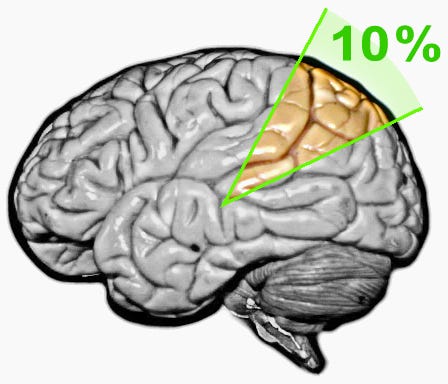This one remix is so cool, the girl doing the pole dance made it so exciting to watch, I mean she is so talented.. Just for the love of music.
Tuesday 7 July 2020
2Pac, Eminem, Nipsey Hussle
This one remix is so cool, the girl doing the pole dance made it so exciting to watch, I mean she is so talented.. Just for the love of music.
Monday 27 April 2020
The Benefits of a 5:2 Diet Plan
To start off many 5:2 eaters say their low-calorie intake makes them feel more clear-headed, more able to concentrate and even more cheerful. It’s uncertain as to why this should be, but feeling more upbeat will certainly make it easier to refuse that ice cream tub and of course the cake. So let’s have a look at other benefits of staying on 5:2 diet also known as intermittent fasting.
1. Inflammation
Inflammation is more than just the swelling or redness we experience in response to allergy or injury. Low level chronic inflammation is now thought to play a role in very many diseases from arthritis and asthma through heart disease. Low level inflammation is made worse by poor diet and being obese.
A healthy diet that is low in saturated fat and rich in fresh fruits and vegetables, whole grains and health fat (like those found in oily fish), can help inflammation.
It is said that researchers at Yale School of Medicine found that a compound called
B-hydraionutyate (BHB) which is produced by the body during periods of intermittent fasting, can inhibit the action of a complex set of proteins called inflammasome that is the key in driving the inflammatory response.
2. Weight loss
When you eat no more than 800 calories for two days a week and don’t significantly overcompensate during the remaining five days, it stands to reason that weight will start to fall off. But research suggest that intermittent fasting may help people remove excess weight in a more efficient and effective way than normal calorie restriction.
Any amount of weight loss in obese individuals, however it is achieved, will generally result in the body becoming more sensitive to insulin, which is an important step towards reducing the risk of diabetes, exercise can also help a body to be responsive to insulin too. However intermittent fasting could have a particularly good effect on your blood sugar control and diabetes risk.
In Dr Michelle Harvie’s studies at the Genesis Breast Cancer Prevention Unit at Manchester’s Wythenshawe Hospital, 5:2-style-low-carbohydrate, high protein fasting diet (consuming up to 650 calories for two days each week, and a Mediterranean-style diet for the rest of the time), have been compared with women restricted to 1,500 calories every day. In both groups women lose weight, reduce their cholesterol levels, record lower blood pressures and have reduced markers of breast cancer risk. When it comes to reductions in fasting insulin and insulin resistance-both signs that diabetes risk has decreased-the benefits are greater in the 5:2 diet group than those using conventional calorie restriction.
4. Heart disease
As already alluded to, a reduction cardiovascular risk factors- for example, LDL cholesterol (that’s the ‘bad’ type that carries cholesterol towards arteries, where it collects and causes ‘furring’) and high blood pressure- can be expected on the 5:2 diet. As you lose weight your blood becomes less sticky and therefore less liable to clot.
5. Brain function

It is known that the 5:2 diet could lead to the production of a protein called BDNF (brain derived neurotrophic factor), which stimulates the growth of new nerve cells in the hippocampus part of the brain, essential for learning and memory. There’s certainly an evolutionary logic for the fasting state to be linked with better cognitive function, for example if you were hungry in caveman days, you needed your wits about you to track down the next meal and survive.
However human studies are yet to be done in connection to this so for now it is impossible to say if the 5:2 diet will help to prevent dementia.
In Conclusion
In my opinion I think that there is a lot of benefits that comes out of following the 5:2 diet that needs to be tested.
Subscribe to:
Posts (Atom)